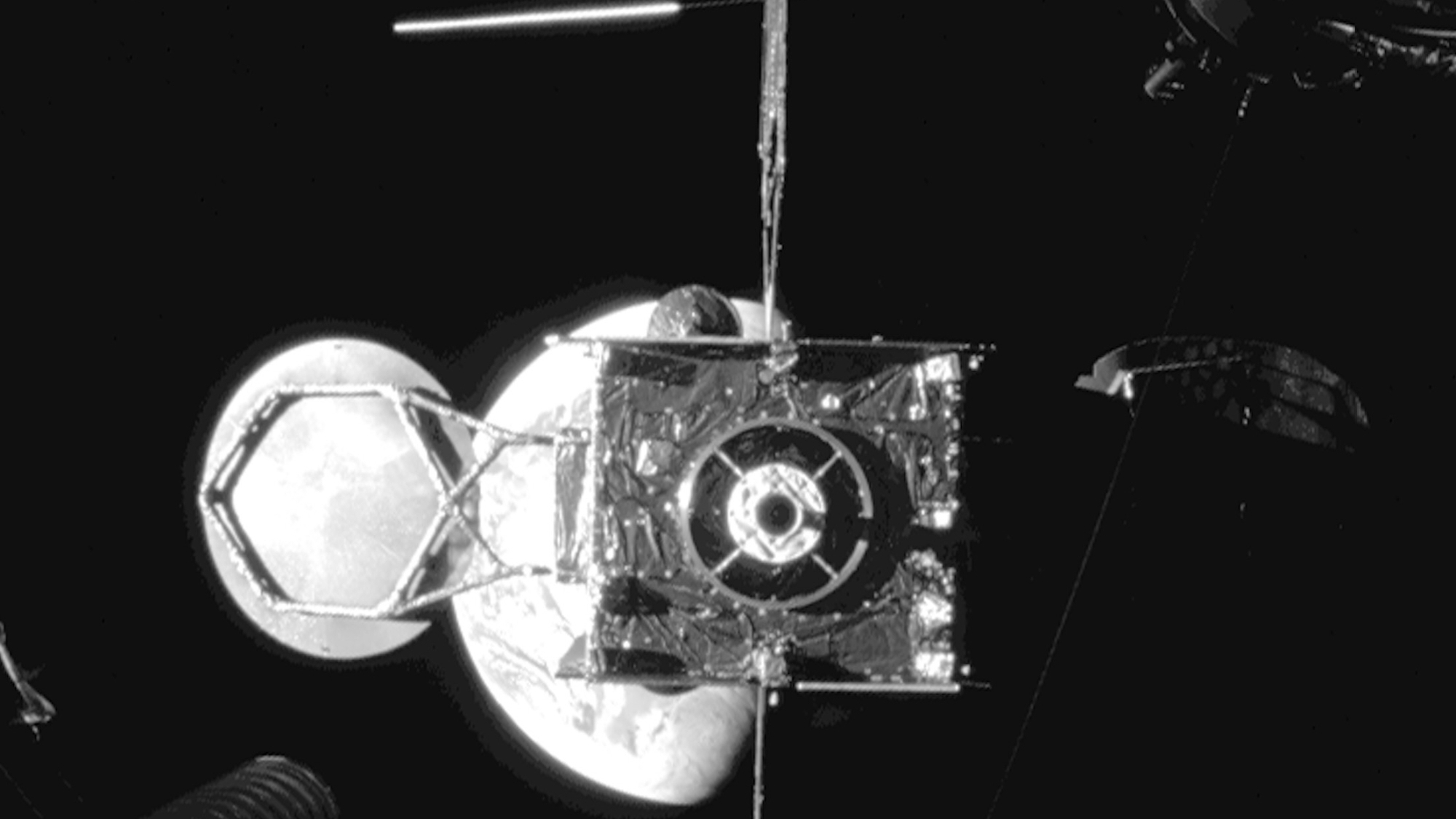Congress Criticizes NASA Budget Request
WASHINGTON -The House Science Committee's Republican chairman andsenior Democrat told NASA Administrator Mike Griffin they had little interestin accelerating the U.S. space agency's exploration plans at the expense ofscience and research.
Griffinappeared before the House Science Committee Thursday to defend his agency's2007 budget request of $16.792 billion, which would hold science spending to a1.5-percent increase next year in order to fund a nearly $1 billion increasefor exploration. NASA plans to postpone or cancel several major sciencemissions to help free up the additional money its needs to build new spacecraftand launchers while also operating a space shuttle fleet slated to fly 16missions to the international space station before its retired in 2010.
"I amextremely uneasy about this budget, and I am in a quandary at this point aboutwhat to do about it," Boehlert told Griffin. "This budget is bad for spacescience, worse for Earth science, perhaps worse still for aeronautics. Itbasically cuts or de-emphasizes every forward looking, truly futuristic programof the agency to fund operational and development programs to enable us to dowhat we are already doing or have done before."
Boehertsaid that while he supports the Vision for Space Exploration, he does not "seeany reason to accelerate it beyond the president's original plans" which calledfor fielding the Crew Exploration Vehicle (CEV) by 2014 and landing astronautson the Moon by 2020.
Boehlert,who said he had not made up his mind about what should be done about the NASAbudget, said he would be willing to vote for giving NASA more money than theWhite House requested as long as the money went to unmanned side of the programand did not come from other science agencies. "Butmoney is not exactly growing on trees around here so what to do is not clear,"he said.
Rep. BartGordon (Tenn.), the committee's ranking Democrat, who said he had not decidedhis final position, raised the possibility during the hearing of slowing downNASA's exploration effort in order to maintain a better funding balance amongthe agency's other programs.
"I want tomake it clear that I don't want to see Congress signing up for another big,underfunded hardware program, that winds up costing more, doing less and cannibalizingother important NASA missions," Gordon said. "We have been down that road toomany times in the past, and I've got no desire to do so again."
Get the Space.com Newsletter
Breaking space news, the latest updates on rocket launches, skywatching events and more!
Griffintestified that NASA's 2007 request, which calls for a smaller increases thanthe White House previously projected, already puts the exploration program on aslower timetable than he would prefer.
"We havealready slowed down the CEV development to the 2013-2014 time frame, that is where we are currently sitting." Griffinsaid.
Although 2014 is the date President George W. Bush set for fielding theCEV when he announced the Vision for Space Exploration in January 2004, Griffinmade clear before taking his oath of office last April that he intended toaccelerate CEV development in order to close the gap between the shuttle's 2010retirement and the first crewed flight of the new system.
TheExploration Systems Architecture Team that Griffin chartered last spring toplot NASA's path back to the Moon laid out a plan for fielding the CEV in 2011.But by the time Griffin finally unveiled theexploration architecture last September, CEV was on the calendar for 2012.
When NASA's2007 budget request was unveiled Feb. 6, Griffin said NASA still intended tofield the CEV "as close to 2010 as possible and no later than 2014."
Join our Space Forums to keep talking space on the latest missions, night sky and more! And if you have a news tip, correction or comment, let us know at: community@space.com.
Brian Berger is the Editor-in-Chief of SpaceNews, a bi-weekly space industry news magazine, and SpaceNews.com. He joined SpaceNews covering NASA in 1998 and was named Senior Staff Writer in 2004 before becoming Deputy Editor in 2008. Brian's reporting on NASA's 2003 Columbia space shuttle accident and received the Communications Award from the National Space Club Huntsville Chapter in 2019. Brian received a bachelor's degree in magazine production and editing from Ohio University's E.W. Scripps School of Journalism.









